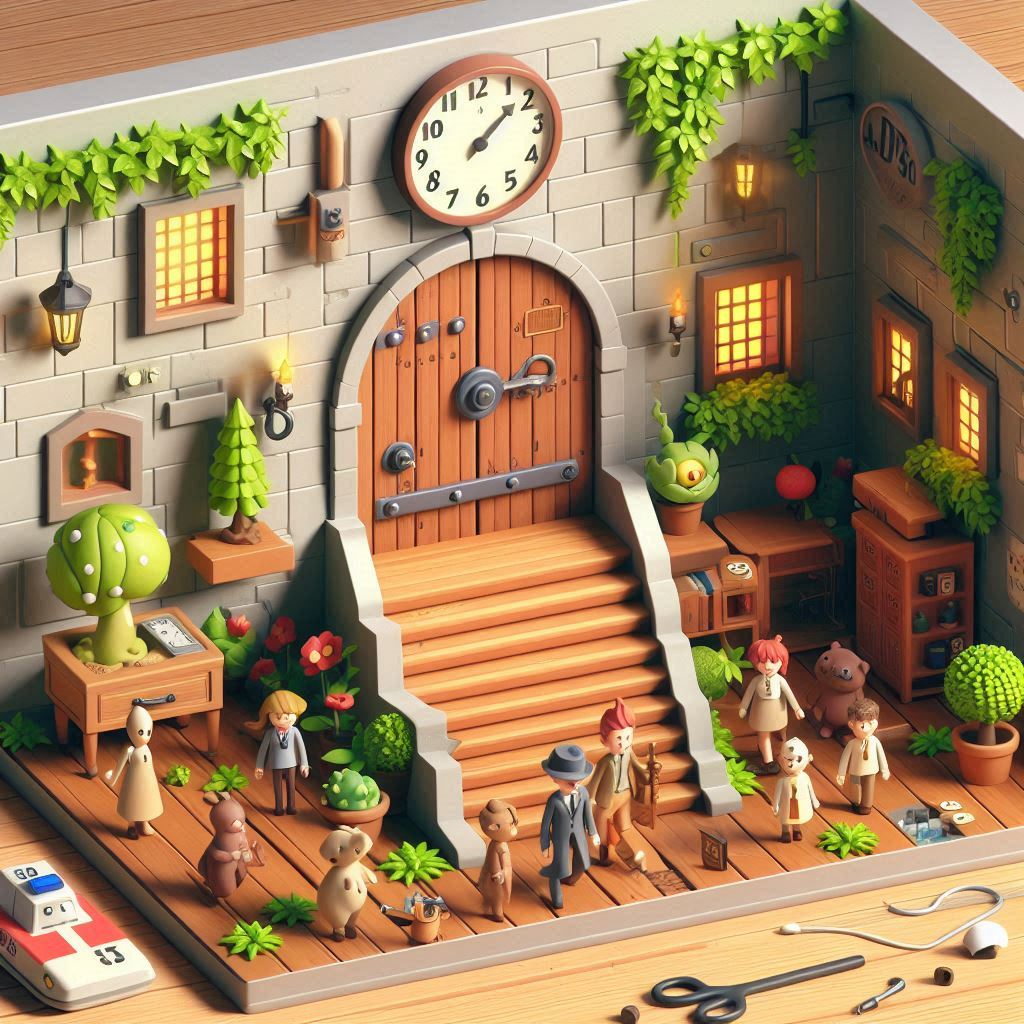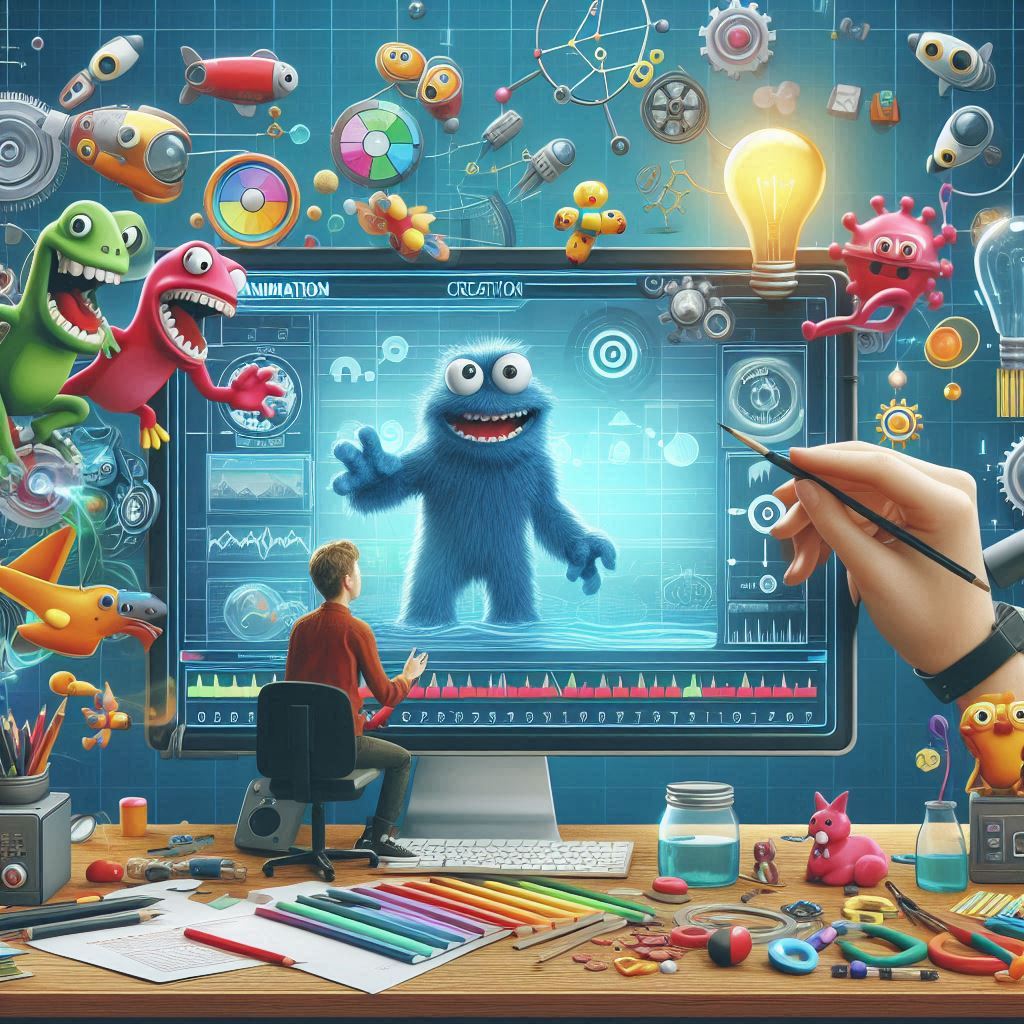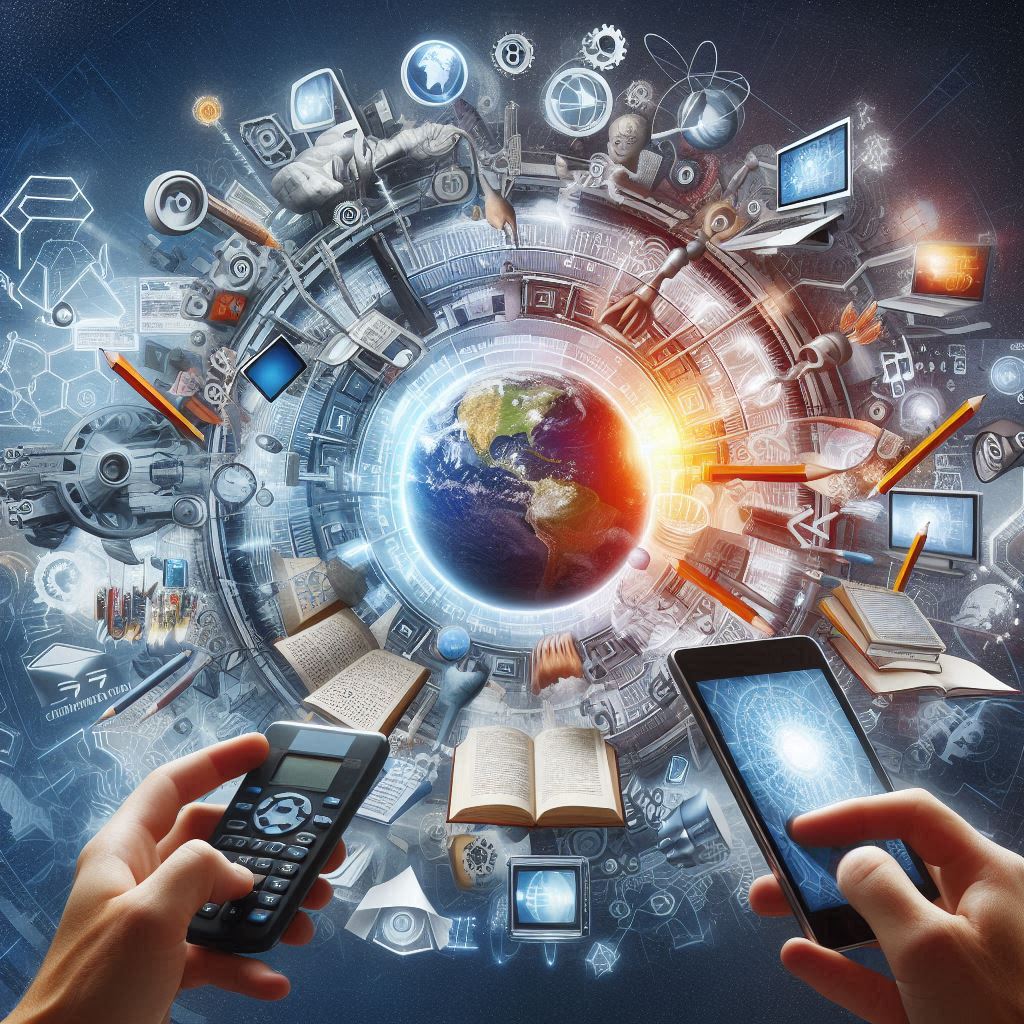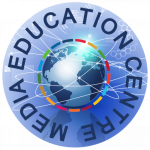Media and digital literacy are crucial for modern creative education, significantly enriching students’ learning experiences and capabilities. By understanding various media and digital tools, students transition from merely consuming content to creating it. This includes the ability to critically analyze media messages, recognize biases, and sharpen their critical thinking skills.




In the realm of creative education, digital literacy offers hands-on engagement with innovative technologies like graphic design, video editing, and content management systems. This enables students to explore different media formats, fostering high levels of creativity. Furthermore, understanding ethical digital platform use promotes responsible and mindful content creation.
Media literacy also encourages active digital participation, allowing students to share their work, receive feedback, and engage globally, thus widening their perspectives and fostering collaborative learning. Incorporating media and digital literacy in education cultivates versatile, skilled, and innovative individuals ready to excel in a digitally-driven world.
Digital literacy is a powerful tool for social innovators, enabling them to identify issues, design solutions, and mobilize resources efficiently. It grants access to vast information, allowing for informed decision-making and evidence-based strategies through tools like surveys and social media analytics. Digital platforms facilitate global communication and collaboration, connecting innovators with stakeholders and like-minded organizations.
This literacy also enhances advocacy efforts, enabling the creation of compelling content to engage and inspire broader audiences toward social change. Furthermore, digital skills allow the development of impactful solutions like apps or online services, ensuring the sustainability and scalability of social innovation initiatives.
Animation plays a vital role in creative digital education by merging artistic expression with technical skills. It engages students in storytelling, character design, and visual effects, enhancing their narrative and conceptual thinking abilities. Mastering animation software tools boost digital literacy, preparing students for digital industry careers.
Collaborative animation projects simulate real-world environments, fostering teamwork and communication. The iterative process of animation teaches perseverance and continuous improvement, enhancing both technical skills and adaptive mindsets. Thus, animation production enriches creative digital education by blending creativity with technical expertise, readying students for the evolving digital landscape.


